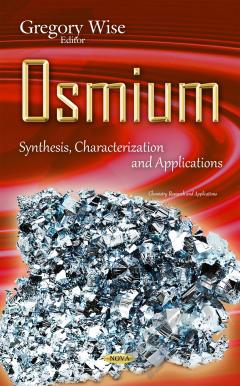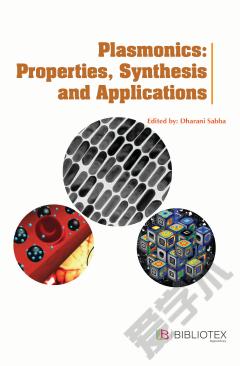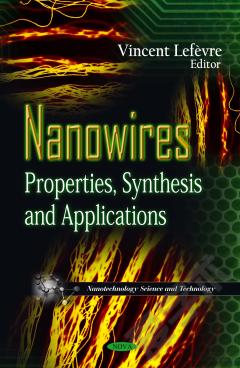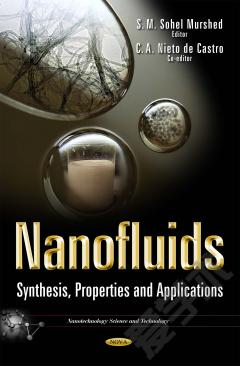Sorghum: Properties, Synthesis and Applications
Sorghum abilities, which have significant impacts on human and animal development, have recently increased. This book includes chapters derived from original research and the synthesis of current knowledge on specific topics. It is an original collection of research findings or summaries of articles from around the world that are part of discussions on the status of sorghum and its applications in various areas of development. This volume addresses physiological, ecological, functional and genetic foundations of sorghum through the examination of theories and case studies that explain various properties, synthesis and applications. The chapters address, respectively, sorghum attributes, heterosis association and molecular mapping for grains traits, ecophysiology, reproductive competence, molecular mechanism of flowering time control, sensory and nutritional properties, mechanisms involved in allelochemical biosynthesis, and applications of bioactive compounds, i.e., polyphenolic and acidic phenolics. This book offers essential approaches including: (i) A generic and rapid way to combine the diversity of single nucleotide polymorphisms with heterosis, which facilitates the dissection of the molecular mechanisms underlying the quality and quantity of grains in an important sorghum crop; (ii) the principles and processes of extrusion in order to obtain grains of good sensory and nutritional characteristics; (iii) the indicators in assessing the role of sorghum as a source of energy in the productivity of poultry farming systems; and (iv) some characteristics of root and foliar responses to water stress of a genotype amenable to genetic modification. It also makes a sweeping analysis concerning the progress of current research in the floral transition of sorghum and the photoperiod response. The final chapter highlights the importance of bioactive compounds of sorghum species, mainly in fighting diseases related to human nutrition, all of which are currently leaders in the developed world. Case studies from around the world were reported, giving readers a real view of the extent of sorghum properties along with real-world applications strategies. The book provides references to students, scholars, professionals and political decision-makers involved in the study and management of properties, synthesis and applications of sorghum.
{{comment.content}}








 京公网安备 11010802027623号
京公网安备 11010802027623号